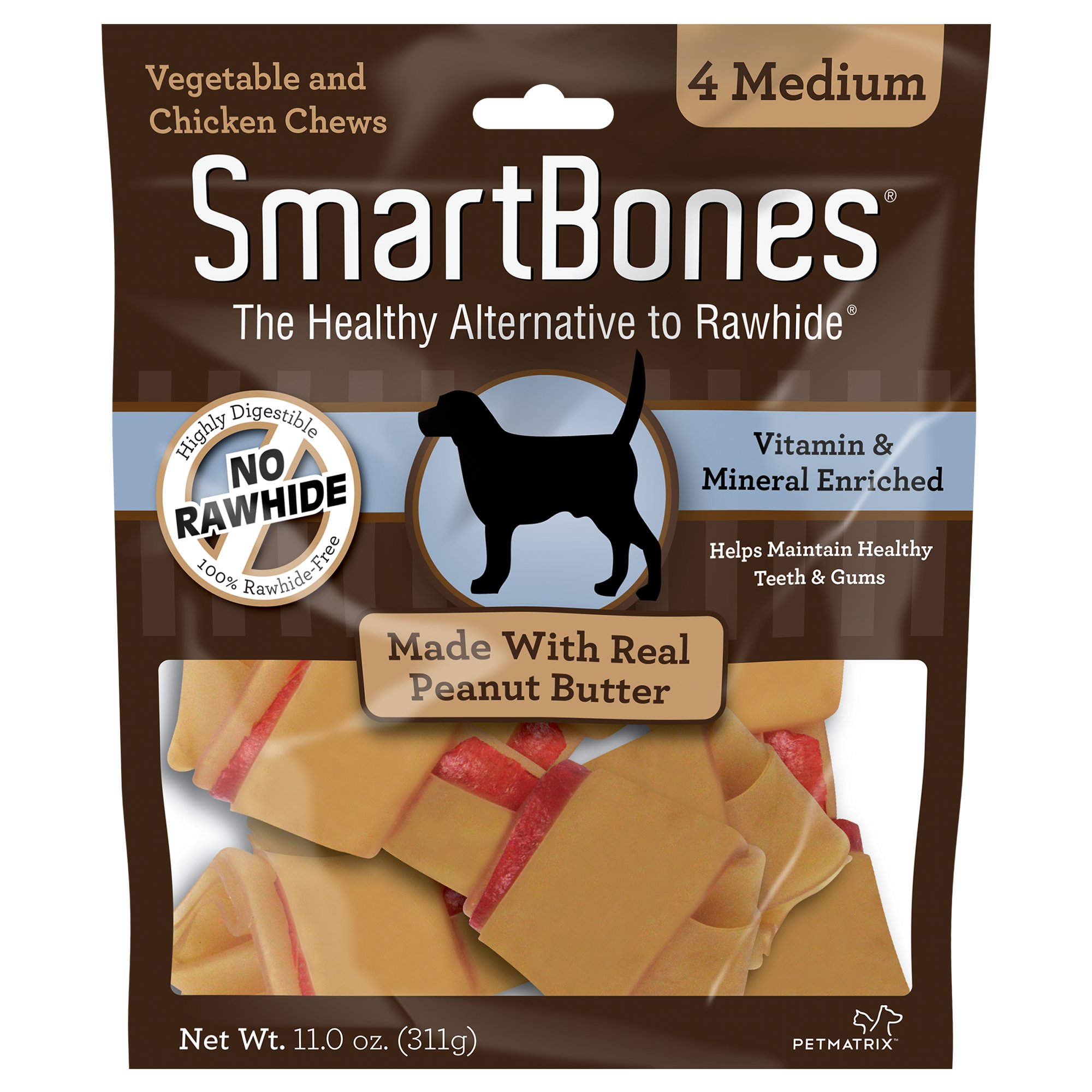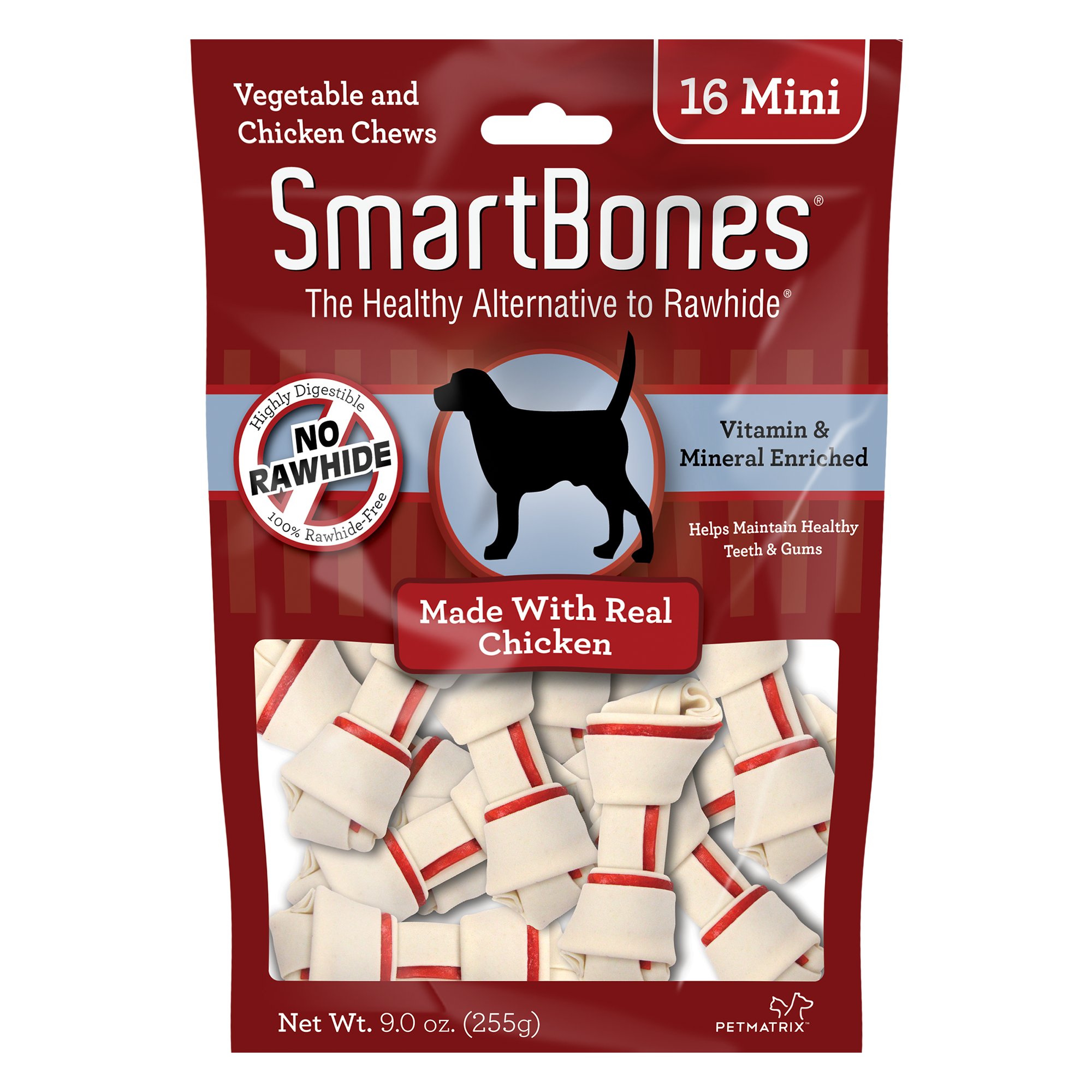The Ultimate Guide to Safe and Natural Dog Chews (No Rawhide!)
As responsible dog owners, we all want the best for our furry companions. This includes providing them with enriching and satisfying chew experiences. However, the world of dog chews can be confusing, with many options available, and not all are created equal. One type of chew that has raised concerns over the years is rawhide. This article dives deep into the world of natural, rawhide-free dog chews, exploring their benefits, different types, and how to choose the best ones for your beloved canine friend.
Why Ditch Rawhide? Understanding the Risks
Rawhide chews have been a popular choice for decades, but it’s essential to be aware of the potential risks they pose:
- Choking Hazard: As dogs chew on rawhide, it becomes soft and gummy. Large pieces can break off and become lodged in the esophagus or trachea, leading to choking.
- Digestive Issues: Rawhide is difficult to digest. If a dog swallows a large piece, it can cause gastrointestinal upset, including vomiting, diarrhea, and even intestinal blockages requiring surgery.
- Contamination Concerns: Rawhide is often treated with chemicals during the manufacturing process. These chemicals can be harmful to dogs if ingested. Additionally, rawhide can be a breeding ground for bacteria like Salmonella and E. coli.
- Nutritional Value: Rawhide offers minimal nutritional value. It’s essentially a processed animal hide that provides little to no benefit to your dog’s health.
Given these risks, many dog owners are now seeking safer, more natural alternatives to rawhide.
The Rise of Natural, Rawhide-Free Dog Chews
Fortunately, there’s a wide array of natural dog chews that offer a safe and satisfying chewing experience without the dangers of rawhide. These chews are made from wholesome ingredients and provide various benefits for your dog’s physical and mental well-being.
Benefits of Natural Dog Chews
- Dental Health: Chewing on natural chews helps scrape away plaque and tartar buildup, promoting healthy teeth and gums.
- Mental Stimulation: Chewing is a natural behavior for dogs. Providing them with appropriate chews can help alleviate boredom, reduce anxiety, and prevent destructive chewing habits.
- Jaw Exercise: Chewing strengthens the jaw muscles, which is especially important for puppies and young dogs.
- Nutritional Value: Many natural chews are made from ingredients that offer nutritional benefits, such as protein, vitamins, and minerals.
- Safer Digestion: Natural chews are generally more digestible than rawhide, reducing the risk of gastrointestinal upset.
Types of Natural, Rawhide-Free Dog Chews
Let’s explore some of the most popular and safest rawhide alternatives:
-
Antler Chews:
- What they are: Deer and elk antlers are naturally shed each year, making them a sustainable and renewable resource.
- Benefits: Antlers are incredibly durable, providing a long-lasting chewing experience. They are also rich in minerals like calcium and phosphorus, contributing to bone health.
- Considerations: Choose antlers that are the appropriate size for your dog to prevent choking hazards. Avoid antlers that are too hard, as they can damage teeth. It’s also important to monitor your dog while they chew on antlers and discard them when they become too small.
-
Bully Sticks:
- What they are: Bully sticks are made from dried bull pizzle (penis).
- Benefits: Bully sticks are highly palatable and digestible. They are a good source of protein and can help clean teeth.
- Considerations: Bully sticks can be high in calories, so it’s essential to moderate your dog’s intake. Choose bully sticks from reputable sources to ensure they are properly processed and free from contaminants.
-
Yak Chews (Himalayan Cheese Chews):
- What they are: Yak chews are made from yak and cow milk, salt, and lime juice. They are dried and hardened into a durable chew.
- Benefits: Yak chews are long-lasting, digestible, and low in fat. They are also a good source of protein and calcium.
- Considerations: Supervise your dog while they chew on yak chews and discard them when they become too small to prevent choking. You can also microwave the small end pieces for 30-60 seconds until they puff up and cool to create a crunchy treat.
-
Dental Chews:
- What they are: Dental chews are specially designed to promote dental health. They come in various shapes, sizes, and flavors.
- Benefits: Dental chews help clean teeth, reduce plaque and tartar buildup, and freshen breath.
- Considerations: Choose dental chews that are appropriate for your dog’s size and chewing habits. Look for chews that have been approved by the Veterinary Oral Health Council (VOHC).
-
Vegetarian/Vegan Chews:
- What they are: These chews are made from plant-based ingredients like sweet potatoes, carrots, and peas.
- Benefits: They are a great option for dogs with allergies or sensitivities to animal proteins. They are often lower in calories and fat than other types of chews.
- Considerations: Check the ingredient list to ensure the chew doesn’t contain any ingredients that your dog is allergic to.
-
Wood Chews:
- What they are: Wood chews are made from safe, dog-friendly woods like olive wood, coffee wood, or beech wood.
- Benefits: Wood chews provide a natural chewing experience and can help clean teeth.
- Considerations: Ensure the wood chew is made from a safe, non-splintering wood. Supervise your dog while they chew and discard the chew if it becomes splintered or too small.
-
Edible chews:
- What they are: These can include dehydrated sweet potato, chicken or beef tendons, and other single-ingredient treats.
- Benefits: They are usually highly palatable, digestible, and offer some nutritional value.
- Considerations: Ensure they are appropriately sized and that you monitor your dog while they enjoy the chew.
Choosing the Right Natural Chew for Your Dog
When selecting a natural chew for your dog, consider the following factors:
- Size: Choose a chew that is appropriately sized for your dog to prevent choking hazards.
- Chewing Style: Consider your dog’s chewing habits. If they are a power chewer, opt for a more durable chew like an antler or yak chew. If they are a gentle chewer, a bully stick or dental chew may be a better choice.
- Ingredients: Check the ingredient list to ensure the chew doesn’t contain any ingredients that your dog is allergic to or sensitive to.
- Digestibility: Choose chews that are easily digestible to minimize the risk of gastrointestinal upset.
- Supervision: Always supervise your dog while they are chewing on any type of chew, and discard the chew when it becomes too small to prevent choking.
- Veterinarian Approval: If you’re unsure which chew is best for your dog, consult with your veterinarian.
Tips for Safe Chewing
- Introduce new chews gradually.
- Monitor your dog’s chewing habits.
- Provide fresh water.
- Store chews properly.
- Inspect chews regularly for damage.
Conclusion
Choosing the right chew for your dog is essential for their safety and well-being. By opting for natural, rawhide-free chews, you can provide your furry friend with a satisfying and enriching chewing experience without the risks associated with rawhide. Remember to consider your dog’s individual needs and preferences when selecting a chew, and always supervise them while they are chewing. With the right chew, you can help keep your dog happy, healthy, and entertained for years to come.


